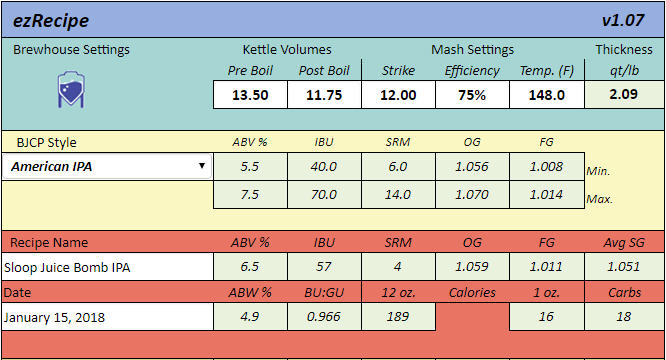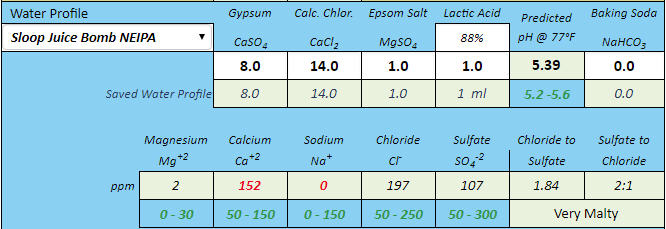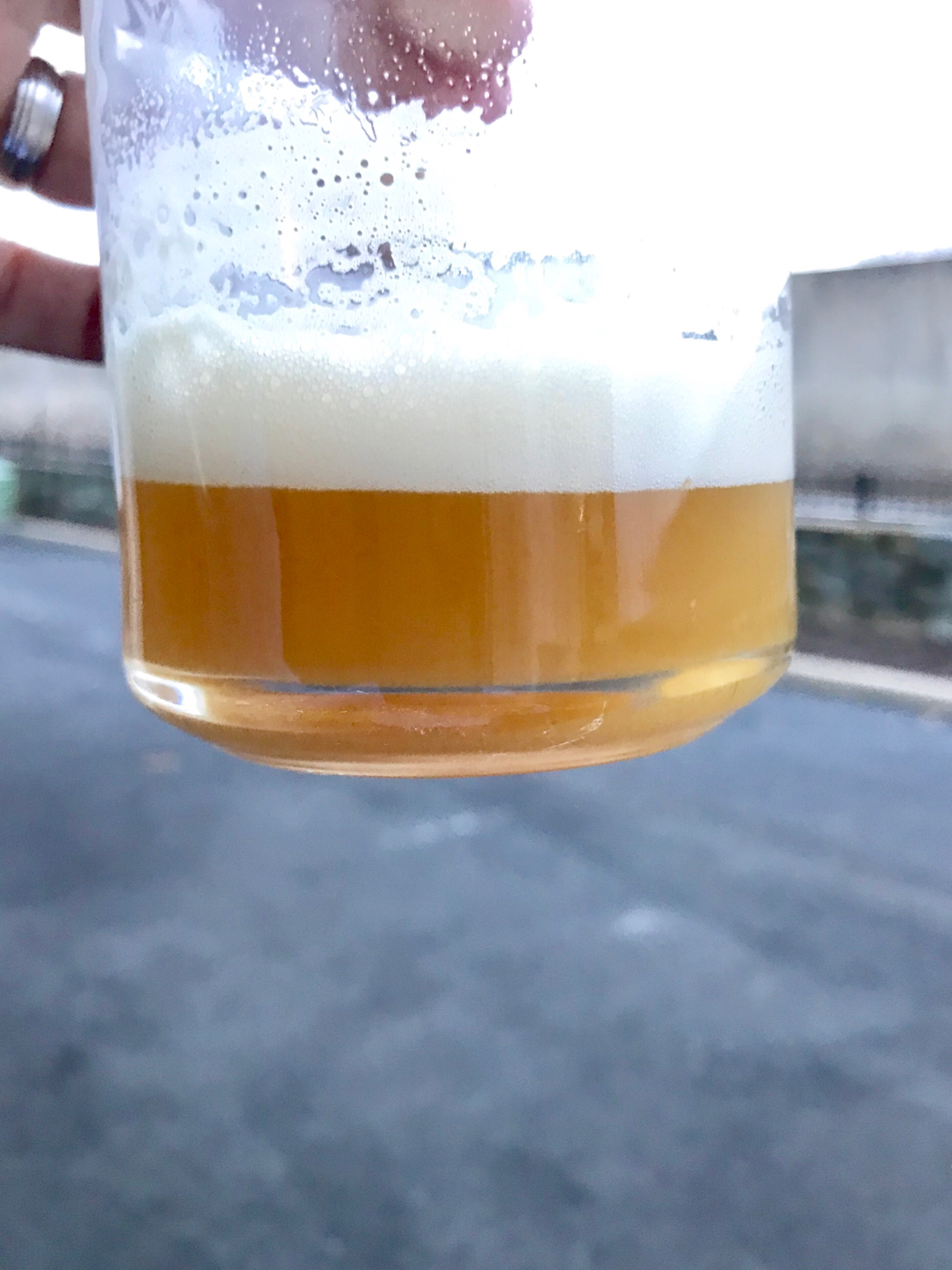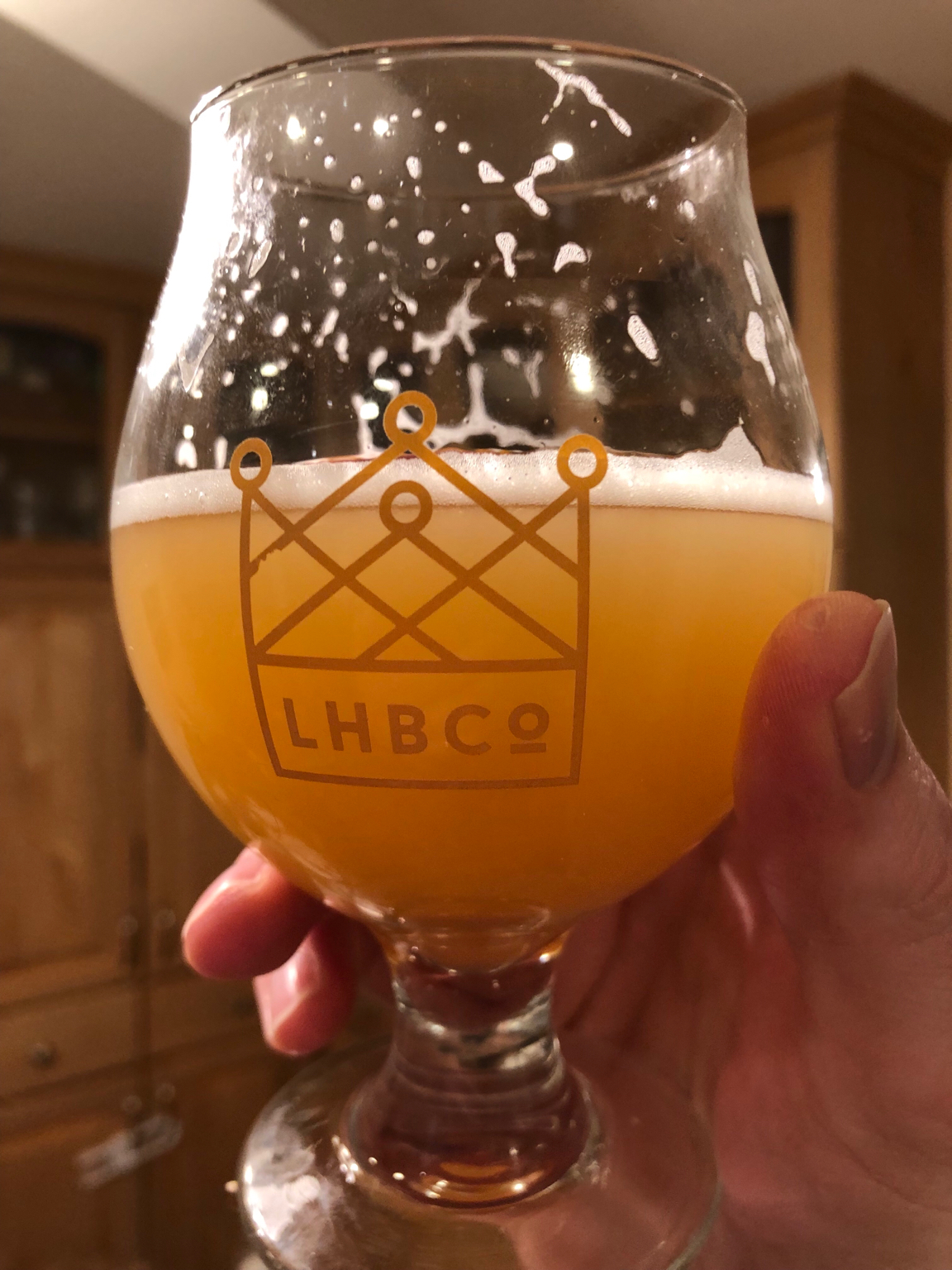All I'm saying is that after brewing 40 gallons of NEIPA as of December 2017 I have never had this problem. Whether the NEIPAs were bottled or kegged. I don't claim to have an answer to the stated problem. But from my own NEIPA brewing experience using plastic Ale Pails, I think you should be looking elsewhere for the root cause.Like I said, I don't disagree that a bucket is perfectly fine for most styles. @PianoMan can attest to that himself. He never had an issue until he started brewing NE IPA's. There are plenty of folks who have been bottling for years and never had a problem with oxidation either until they tried to bottle a NE IPA.
This style is different. It's more prone to oxidation. With that, there are plenty of variables in play as well such as process, grain bill and yeast. Also consider that his threshold to detect oxidation may be lower than yours.
Someone did a great experiment a few pages back where they split a batch between a keg and bottles. I was amazed at those results so I held on to that pic -
All I'm saying is that he has been struggling with oxidation specifically in NE IPA's. At this point, he's trying to eliminate any possible source of O2 in his setup. If it was me, a $25 stab at it would be a no-brainer. It may or may not eliminate his issue but the worst case scenario is that he acquires an extra FV.
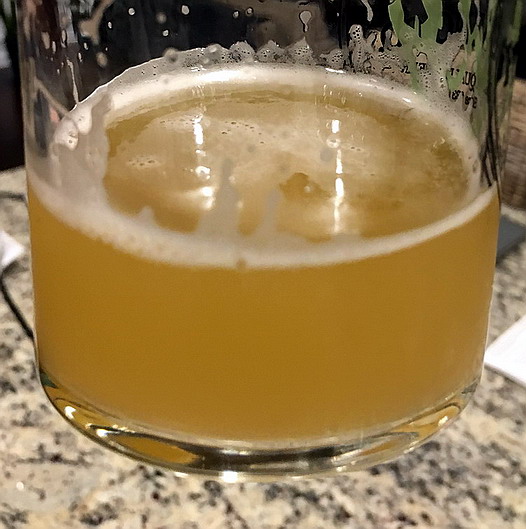
Sloop Juice Bomb clone brewed and bottled in November 2017, poured earlier this week.
Last edited:








































![Craft A Brew - Safale BE-256 Yeast - Fermentis - Belgian Ale Dry Yeast - For Belgian & Strong Ales - Ingredients for Home Brewing - Beer Making Supplies - [3 Pack]](https://m.media-amazon.com/images/I/51bcKEwQmWL._SL500_.jpg)

















